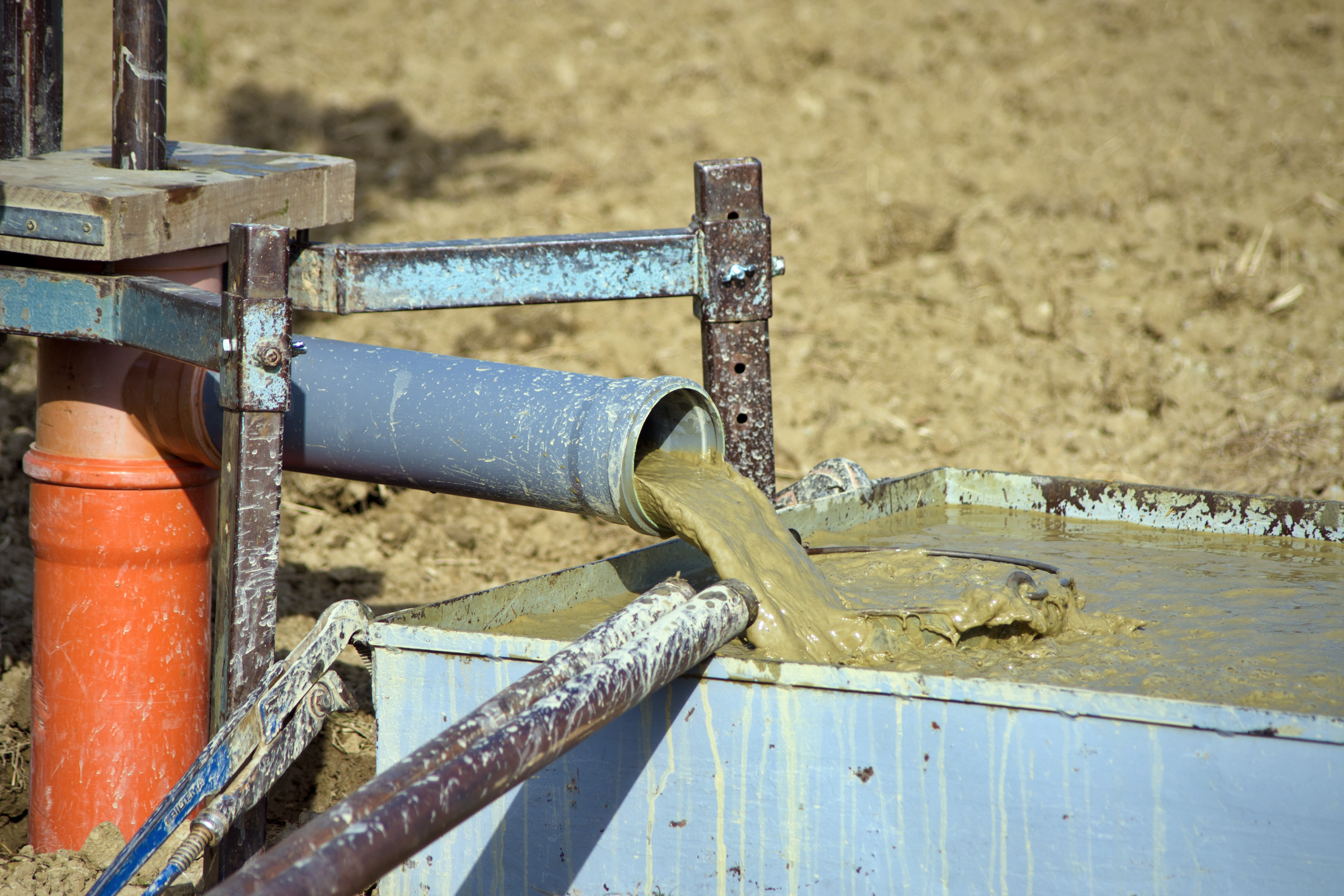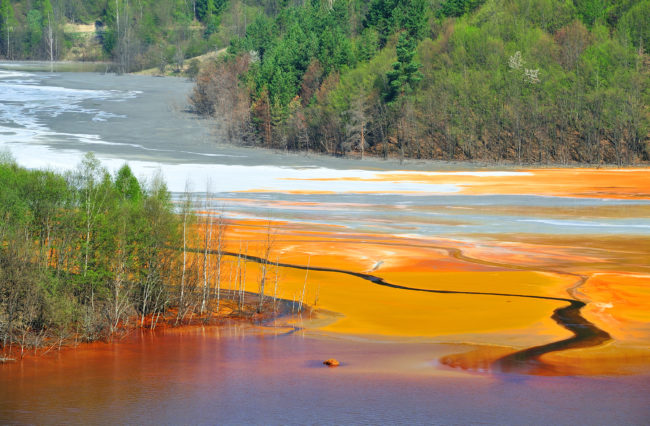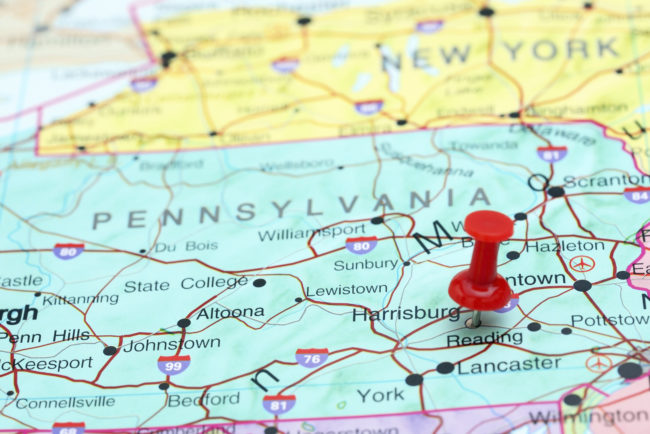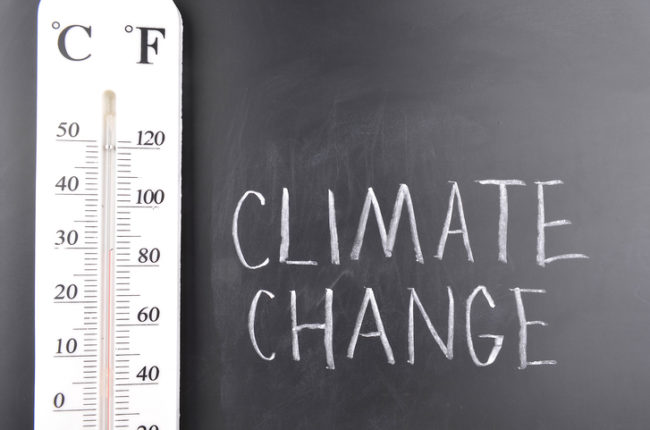It has been about three years since Legionnaires’ disease made national headlines associated with the cooling tower of the Opera House Hotel in the South Bronx. Legionnaires’ disease is a serious type of pneumonia caused by a waterborne pathogen known as Legionella. It is contracted when susceptible individuals inhale water droplets or mist containing elevated levels of legionella bacteria. New York City has as many as 1,200 towers that are evaporative heat exchangers usually installed on the top of a building as part of …
Continue Reading









